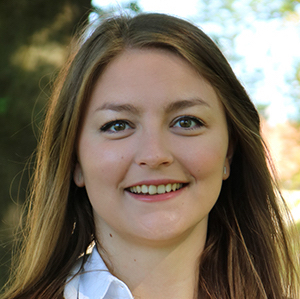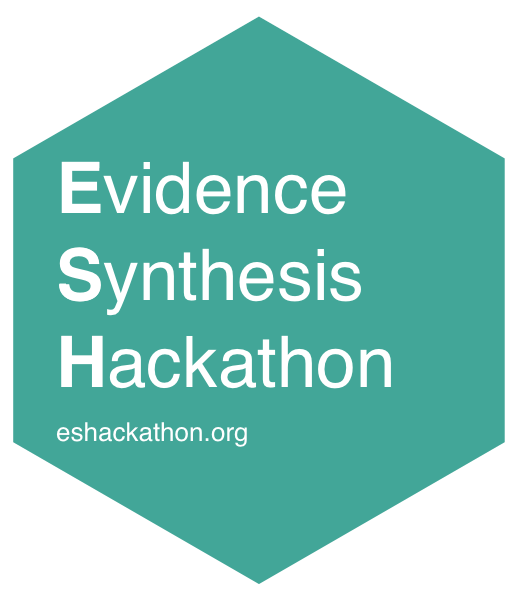Open Evidence Ecosystems
An interview with Alexandra Bannach-Brown
Why is Evidence Synthesis technology important to you?
We rely increasingly on technology, tools, and software to be able to carry out any form of evidence synthesis in the explosion of scientific literature and information overload. Technology aims to make our lives as reviewers easier, whether that be to save time and resources, to collaborate with colleagues internationally, and to help ensure quality in our work. Ultimately we want to answer our research questions as quickly as possible with the best quality synthesis, technology supports us.
I am a systematic review methodologist in translational biomedicine, I use technology for my own systematic reviews, I support researchers to use technology and I build tools and software to help our research processes. Understanding how the tools work is fundamental to ensuring the quality of our evidence synthesis research.
Can you tell us more about the ‘Evidence Ecosystem’ concept that was developed at ESH2019 in Canberra, and how your work takes this concept forwards?
Open Evidence Ecosystems are our vision for the future of research and research synthesis communities! Open Evidence Ecosystems are communities of primary researchers, evidence synthesists, tool makers, information specialists, and statisticians that collaboratively work together to answer research questions relevant to their field. They work across institutions and countries to design, conduct and report primary research in a way that optimises reuse and translation. Open methods and sharing of data are used to ensure synthesis of data is seamless, and outputs are designed in connection with all stakeholders and communicated in a timely way.
We are actively establishing Open Evidence Ecosystems in translational biomedical research, a project we have recently received seed funding from the Stifterverband (DE), to kick-start. We are working to increase open evidence synthesis education, provide infrastructure to conduct evidence synthesis, and form open communities of stakeholders to support and grow effective research translation, evidence synthesis, and priority setting. Starting locally, we are building scalable blueprints to grow this structure across institutions and geographical regions. Watch this space!
You also attended ESMARConf2021 in January - how was your experience of that online conference?
The conference was a virtual only conference. All talks were live streamed directly to YouTube so anyone could watch the live stream or go back to videos after, all for free. The session discussions were complemented nicely with a slack channel where anyone can ask questions to the presenters and get responses in the live session, or interact with speakers after the session. This set-up was perfect for the current global situation. I got to interact with many more people and hear about more projects than if it was a face-to-face conference. It has set the bar high for conferences post-covid!
What do you think is the role and importance of communities working on free-to-use, Open Source tools for evidence synthesis?
High quality evidence synthesis projects are already incredibly resource-intensive as it is. Tools aim to reduce resources associated with this research, but open-source tools aim to go a step further, reduce the barriers to being able to carry out high quality evidence synthesis.
Responsive communities, such as these, enable us to keep up with demands of our research field, expanding the scope of tools, spreading awareness of high quality tools, and providing support and education to implement tools. ESMARConf2021 strengthens the open-source community, by creating a platform to support long-term sustainability of open-source tools and improve quality and documentation. This, in turn, brings us close to the aim of removing barriers to conducting high quality evidence synthesis.
Why should people care about the Evidence Synthesis Hackathon?
The Evidence Synthesis Hackathon is an open community for anyone interested in being involved in evidence synthesis; collaborating to generate innovative ideas, building tools to solve bottle-necks and set standards that influence our work.
The community is strengthened by open, transparent values and clear code of conduct. Events are inclusive and welcoming. To quote Martin Westgate, on ESH events, “Everyone in the room, no matter how experienced they are, feels they are qualified to be there (…) and their input is welcome.”
Collectively, in an open and transparent way, we can shape how evidence synthesis is conducted, foster quality practices, and ensure we are agile to the needs of the wider research community.
Posted 2021-02-16
